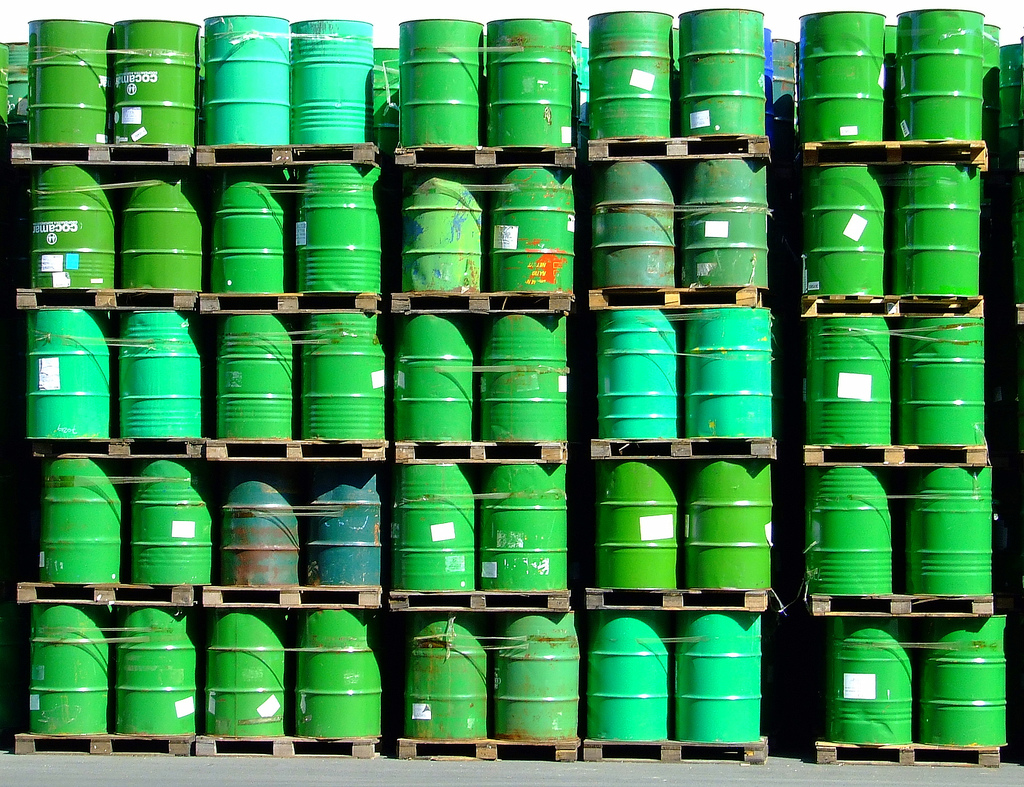A Chinese financial meltdown would be something to worry about indeed, and so far, U.S. markets are not in a panic. But a perfect storm of world events from China to Vienna to Brussels is causing major waves for one factor where Texas is especially sensitive. Texas Standard’s David Brown talks with Michelle Foss, the chief energy economist at the Center for Energy Economics and Bureau of Economic Geology at the University of Texas at Austin.
“We have a great deal of oil supply capacity. We have very uncertain global demand…we have geopolitical events, and we have uncertainty around the biggest customer… China,” Foss says.
Put those together and you get downward pressure on oil prices, she says, “I expect this to continue for the rest of the year.”
What influence do Iran and Iraq have on oil prices?
“I’ve been wondering for some time whether oil traders have fully accounted for Iran and how they think about oil prices going forward,” Foss says. “Iraq is really the more important factor in oil markets going into the future. Iran has large oil production capacity and has been a large oil producer but it has not been as big a factor in markets during the sanctions period…. Iraq is a large oil country. Iran is gas-prone and will eventually be a large gas producer. Iraq, however, is where the quality premium barrels are and production growth in Iraq has been amazing.”
On problems in the shale business:
“[Shale has] changed expectations but if it’s changed reality that’s another issue. I think what’s happened out there is people think it’s somehow different,” Foss says. “There’s a lot of sorting out in the industry that needs to happen. Financially, the industry is underwater and has been underwater for a long time.”
The worst is yet to come, Foss says.
“Financially the domestic producers, whether they’re in Texas or anywhere else, that have to resolve some things. They have to be able to get on better footing. There has to be some mergers and acquisitions. Some people need to go out of business. You need more strength in the industry…to be able to operate on a long-term basis in a low oil price environment.”















